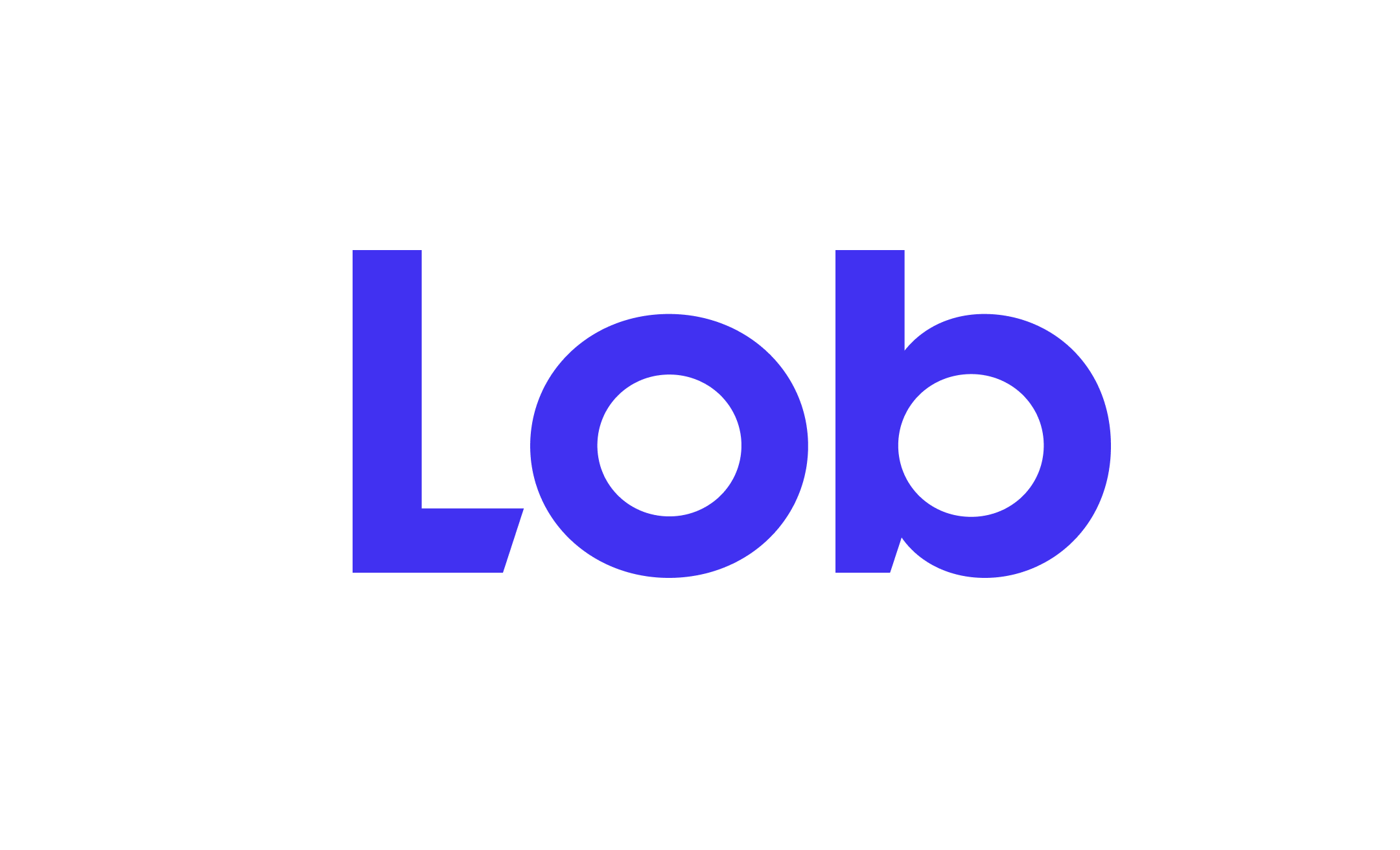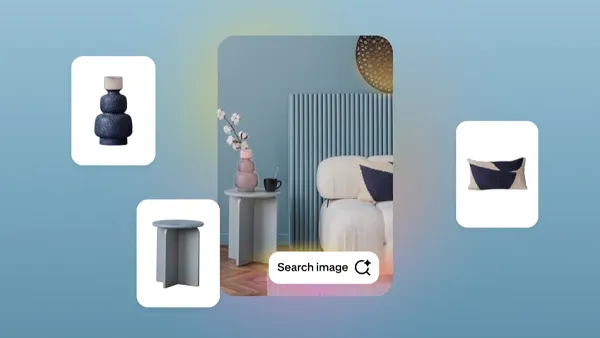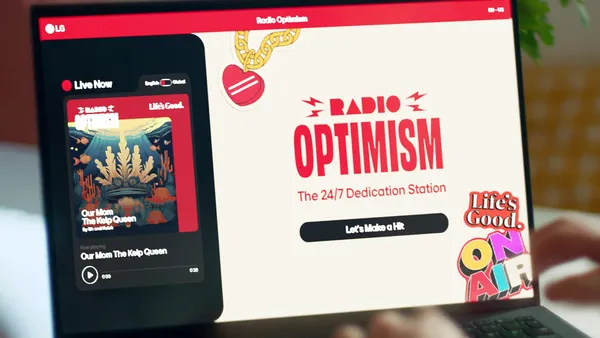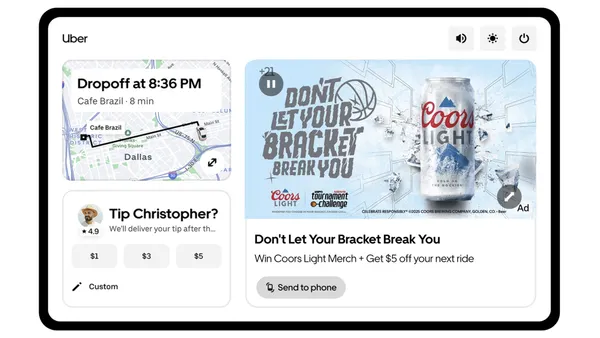Brief:
- Google is shutting down Tango, its high-end smartphone augmented reality (AR) platform, to focus on its mass-market technology ARCore that debuted in August, according to TechCrunch. Tango support will end on March 1, 2018.
- Google introduced Tango three years ago, but the technology didn't catch on with makers of mobile devices and developers. Tango required more expensive sensor hardware to build a 3-D map of a device's surroundings before overlaying digital images on a real background seen through a smartphone or tablet camera. Tango was incorporated in only a handful of devices, such as the Asus ZenFone AR.
- ARCore relies more on the smartphone's camera to sense the surroundings of a mobile user, similar to Apple's ARKit. By relying more on the camera, ARCore can work on a wider range of devices such as the Galaxy S8 and Pixel that don't have extra infrared sensors.
Dive Insight:
Google started experimenting with AR technology years before it became popularized through games like Pokemon Go, which captured a mass audience in 2016. But Tango was an expensive proposition for device makers as it required additional sensor hardware, causing friction considering Android's pervasiveness among lower-cost handsets that are popular in emerging markets like China and India.
Apple's rollout of ARKit with the introduction of its iOS 11 operating system in September likely compelled Google to simplify its AR technology in order to work on a wider range of Android devices. Google began a major promotion last week to show that it's back on track with AR tech that's accessible to a wider audience with the introduction of AR stickers tied into "Star Wars: The Last Jedi" and Netflix's "Stranger Things."
Meanwhile, the AR space is growing more crowded with marketers gradually experimenting with the tech through AR games, cosmetics demonstrations, virtual car showrooms, interior design ideas and sponsored lenses on apps like Snapchat. Tech and social media companies are also exploring how to incorporate AR features to their platforms. Last week, Snap introduced Lens Studio to help advertisers and everyday Snapchat users create their own AR lenses, while Facebook expanded its AR platform to developers.













